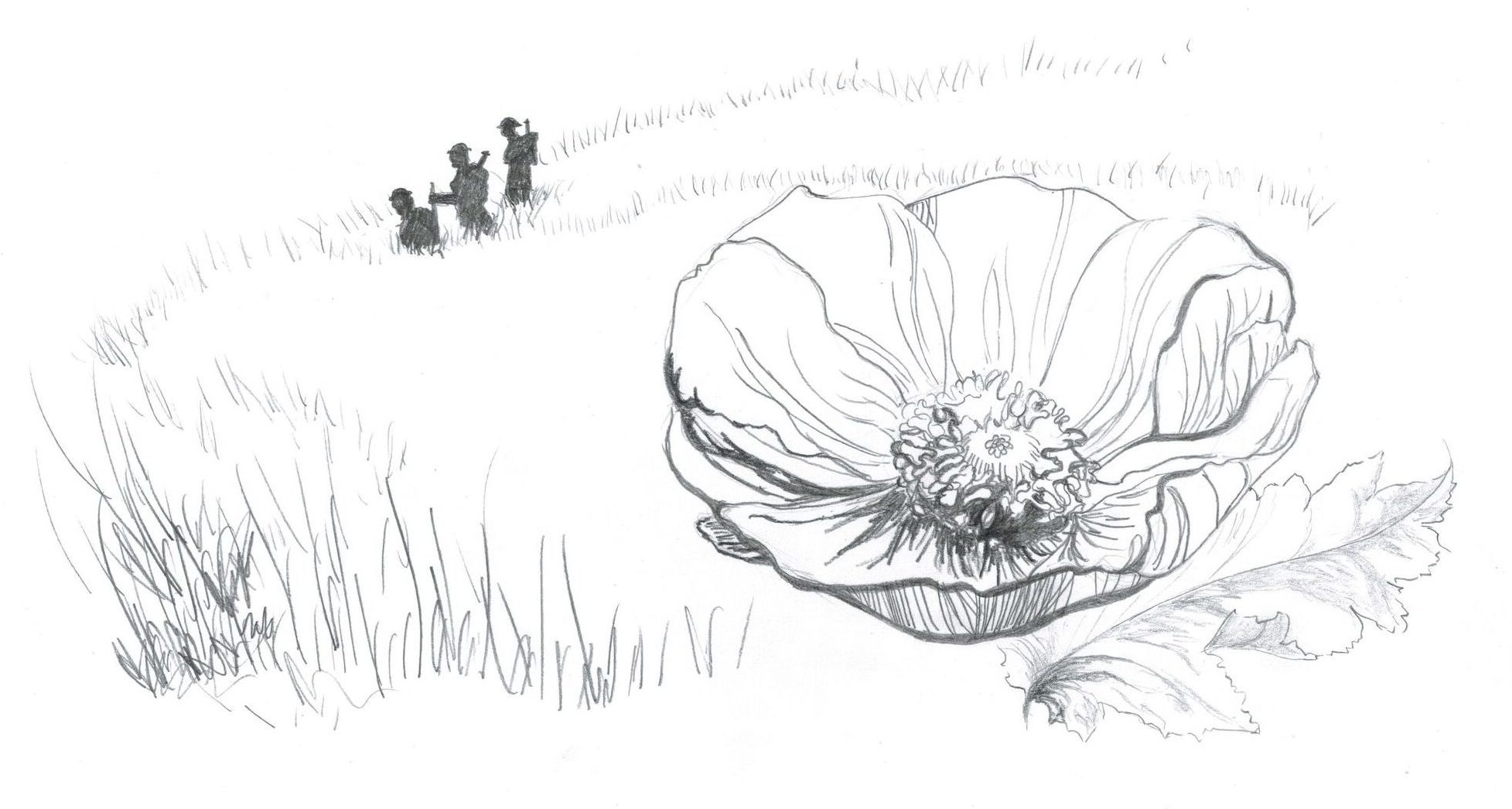Remembrance day and supporting our own
Remembrance Day is a day for all Canadians to recognize and appreciate the sacrifices made by our troops for the preservation of freedom both at home and abroad. However, evidence appears to indicate that the North American sentiment does not extend far past this relegated time of year.
In the United States, a war veteran commits suicide almost every hour, comprising approximately 20 per cent of national suicides. 10 per cent of the homeless population in the U.S. are veterans, the majority of which suffer from mental health and substance abuse issues. In Canada, our mission to Afghanistan has led to a suicide crisis in itself, with 54 soldiers and veterans taking their lives after their tours were completed.
The official policy from both nations is to care for soldiers from the day they enlist to the day they are laid to rest. However, this goal has not been achieved in either country. In Canada, drastic cuts to the Veterans Affairs department have led to a decrease in the standards of care available, making it more difficult for veterans to access the services they need.
The typical Client Service Agent, the first person veterans contact in order to seek services from Veterans Affairs, often has a caseload ranging from 750 to 1200 veterans due to a reduction in staff from budget cuts. In this system, only one sixth of eligible members use the available services. This strain on workers brings into question their ability in providing services to veterans who need support.
After a tour, many veterans end up developing various mental health issues, primarily post-traumatic stress disorder (PTSD) and obsessive-compulsive disorder (OCD). Veterans have to wait several months, sometimes even years, to receive services to combat these disorders. After their tour, veterans seek, at the very least, to receive the lifelong pension that their predecessors have historically been granted upon completion of their service.
Under the Harper government, veterans returning from Afghanistan were offered a lump sum pension instead of the traditional lifelong version. This prompted a class action lawsuit claiming discrimination that has yet to be resolved.
South of the border, the situation appears to be even more dire. Of the 2.2 million troops sent to Iraq and Afghanistan, around half report difficulties transitioning back to American civilian life. The available services are inadequate in order to deal with the influx of troops who either suffer from mental health issues, a lack of familial support or employment prospects.
This demographic possesses higher unemployment rates than the national average, and are also often seen as social pariahs upon return from abroad. The issues of transition and available services have been acknowledged by President Obama, who pledged in 2009 to develop a lifetime electronic health record to ensure no veteran was excluded from these services. However, this system is yet to be developed.
Soldiers from Canada and the United States often go overseas to make a difference for others abroad or to find a purpose in life, and sometimes return as shells of their former selves. Each year we are asked to pay our respects to the brave men and women who fought to defend the values of freedom and virtue from despotic oppressors and occasionally sacrifice their lives for these values. Except once they return, many become homeless, struggle with employment, suffer from substance abuse or become suicidal.
It is said that actions often speak louder than words. If that is true, the governments of Canada and United States have a moral obligation to care for their citizens, especially those whom they have specifically pledged to safeguard. They should not allow them to slip into destitution or experience hardship.
This November 11th, let us consider that veterans should not just be remembered for one day of the year. They aren’t in it for the glory – they are people who have made sacrifices for their country and deserve to be honoured as heroes not just in word, but in deed.
Image courtesy of Tess King
